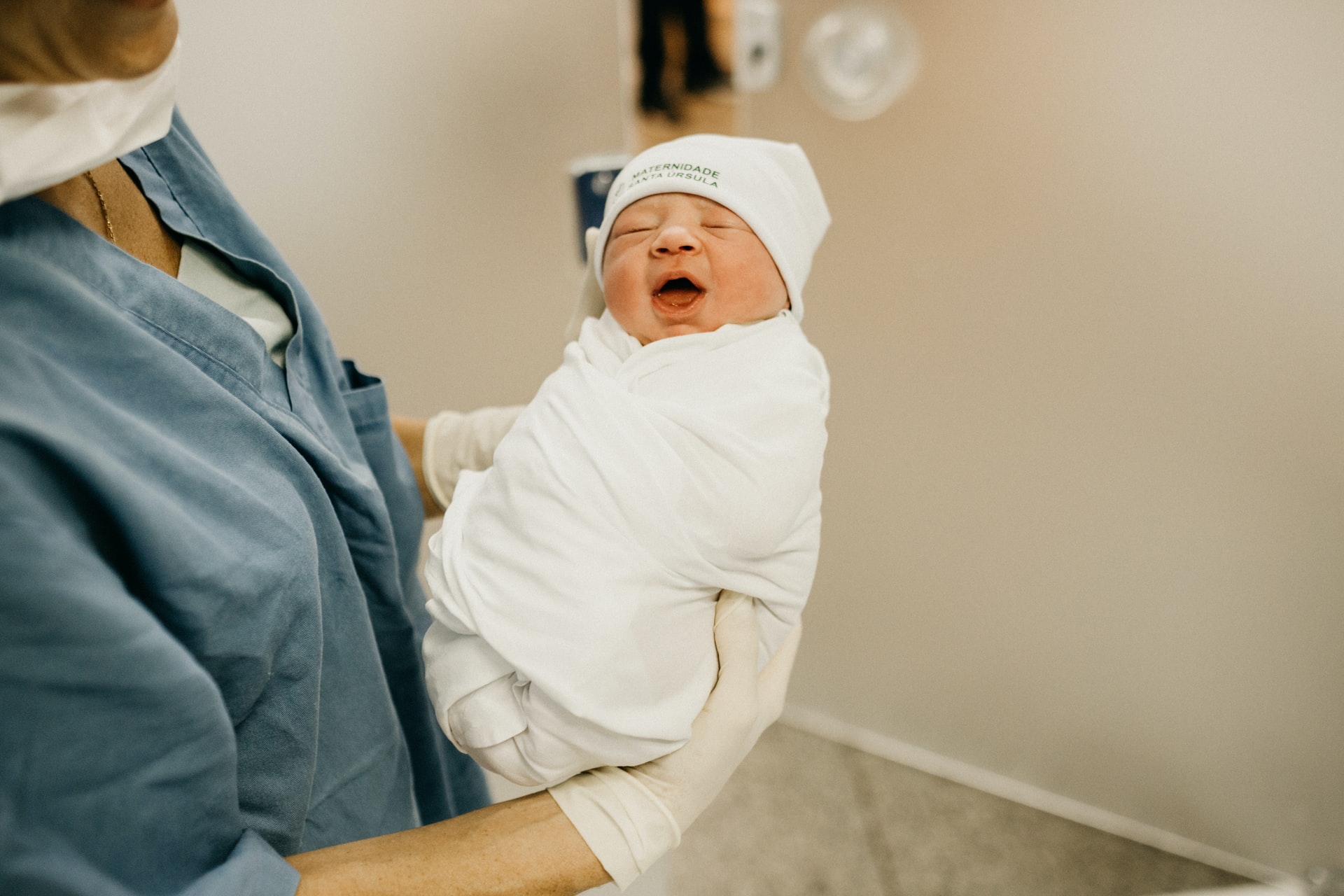Defined by the Cambridge Dictionary as “the ability to continue to exist or develop as a living being or the ability to survive or live successfully”. In obstetrics, an unborn baby is considered viable at gestational age (GA) 24 weeks and has a much greater chance of survival with increased GA.
The American College of Obstetricians and Gynecologists (ACOG) defines peri-viable births as those occurring between 20 to 26 weeks. The ability of healthcare professionals to intervene in a meaningful way within this 6-week period of near-viability heavily depends on access to resources and medical technology. In other words, the chances of survival for a baby born in a Metropolitan city with access to resource-packed Neonatal Intensive Care Units, (NICU) and maternal-fetal specialists are astronomically higher than that of a baby born in a resource-poor Caribbean island.
Also affecting the baby’s survival is his unique genetic code, established at conception, which has determined the baby’s sex, weight, and any inherited abnormalities.
One such abnormality is Lower Urinary Tract Obstruction (LUTO) – a very serious condition wherein the outflow of urine from the baby’s bladder is blocked. On ultrasound, this can manifest as urinary tubes block from the level of the bladder up to the kidneys, and a swollen bladder.
This condition, without intervention, is not compatible with life. In the womb, a baby must pass urine to help create amniotic fluid. Amniotic fluid has many functions including temperature balance, shock absorption, and allowing proper growth and strength of bones and muscles. Before the unborn baby is GA 12 weeks, she will start swallowing the amniotic fluid to help with lung maturity.
Consider with me, a woman, who has been trying with her husband to get pregnant for several years, and now has missed her period. With expectant glee, she does an at-home pregnancy test – the result is positive. The young couple visits her OBGYN who does an ultrasound. They find out that she is 13-weeks pregnant, and their baby has LUTO. Such was the case for my friends Nina and David (names changed).
My friends were informed by their doctor that the child Nina had been carrying for more than 3-months was not viable. Residing in the Bahamas, the resources for possible intervention were not available to them, and termination of pregnancy was recommended.
After prayerful consideration, my friends couldn’t bear the thought of wilfully ending the life of their little one even though the chance of survival was low. Their doctor referred them to a maternal-fetal specialist in Miami, FL who was able to perform surgery on their lemon-sized baby, inside Nina’s womb, to place a shunt from his bladder to the amniotic sac which housed him.
For this procedure to have the greatest possible success, their baby had to be male, and couldn’t have a chromosomal anomaly like Down’s Syndrome. Thankfully, Nina and David’s baby met these criteria. Despite the odds, on Saturday, March 23, 2019, at GA 34 weeks, Nina gave birth to 5lb 5oz baby Nathan!
Legalizing abortion on the basis of viability is actually an indictment against the poor. If Nina and David could not afford the travel and the doctors and the procedures, their only choices would have been abortion or delivery of a severely deformed baby who would have no hope of survival. Viability in the Bahamas or in Jamaica is different than viability in the US or the UK. Is a baby less worthy of life because his parents have less money? Is personal value conferred on us by geography? Nathan defied the odds because his parents were able to access the necessary resources to give him the best chance at life. Hopefully in years to come, due to technological advantages, viability will not even be a medical consideration.
We must honestly consider the message legalizing abortion would send. We would be saying that the unborn life is not a real life with no real value and therefore can be discarded at a pregnant woman’s discretion. But if our lawmakers, like 95% of Jamaicans believe that unborn humans have an inherent right to life, then we should do everything in our power, as my friends did, to ensure the health and well-being of our unborn children.
This article was written by Brittanie Clacken, a committed Christian, medical doctor, and member of the Love March Movement. Any queries or comments can be sent to lovemarchmovement@gmail.com
References
Ecker J et al. (2017). Periviable birth. Obstetric Care Consensus No. 6. American College of Obstetricians and Gynecologists. Obstet Gynecol 2017;130:e187–99.
Haeri S. (2015). Fetal Lower Urinary Tract Obstruction (LUTO): a practical review for providers. Maternal health, neonatology and perinatology, 1, 26. doi:10.1186/s40748

